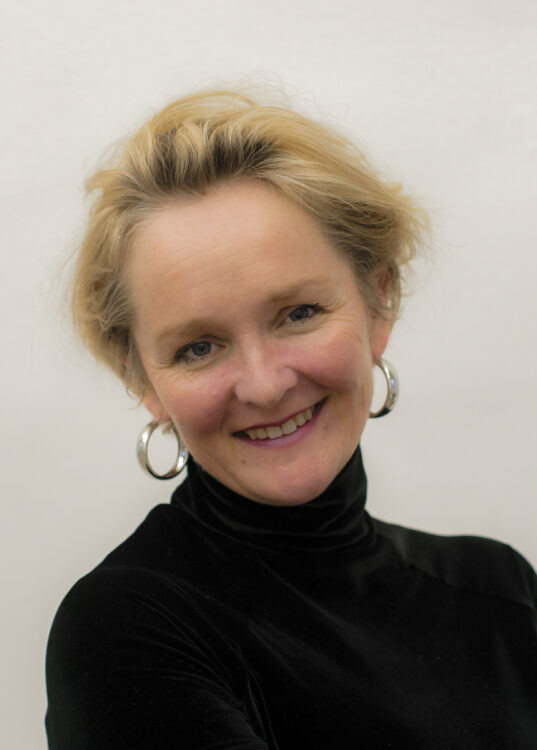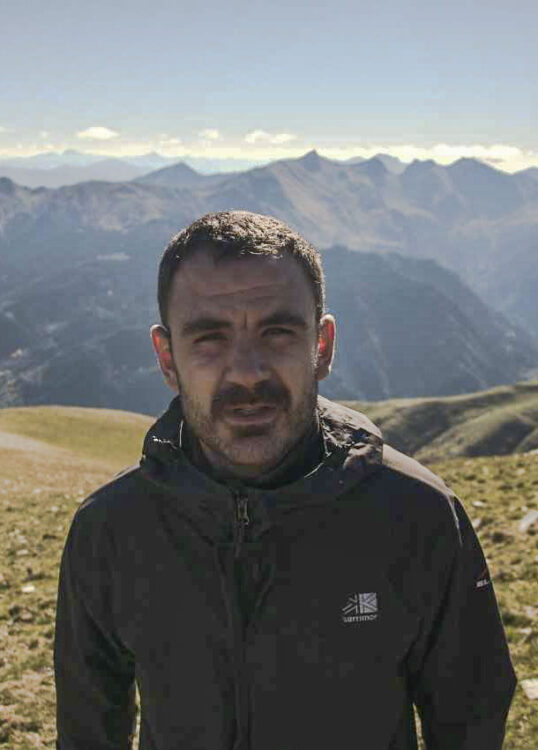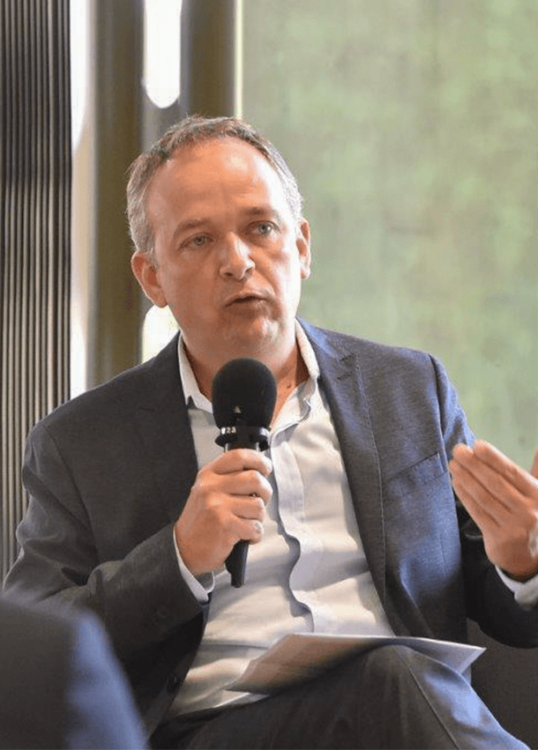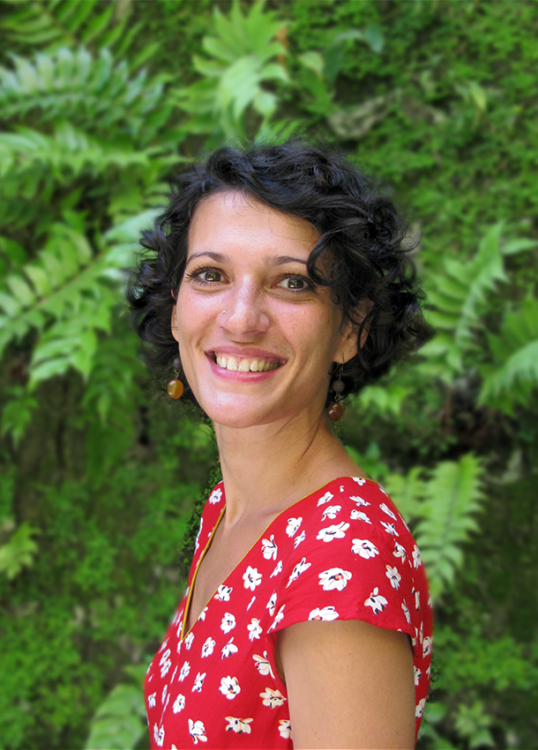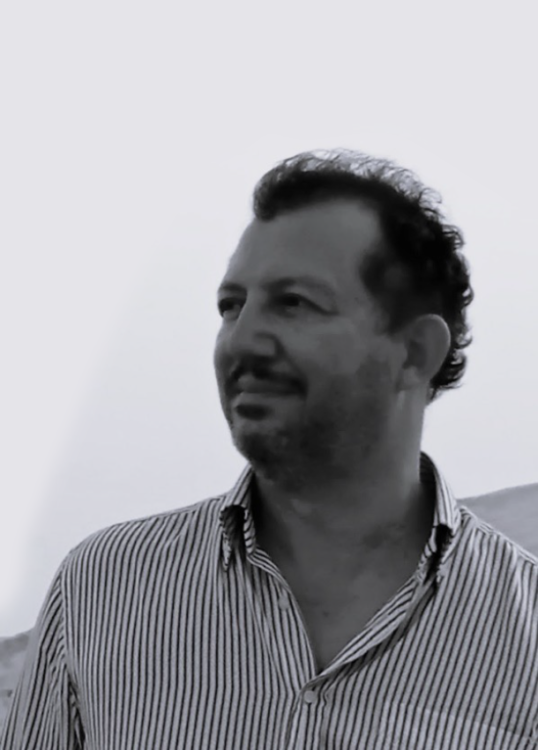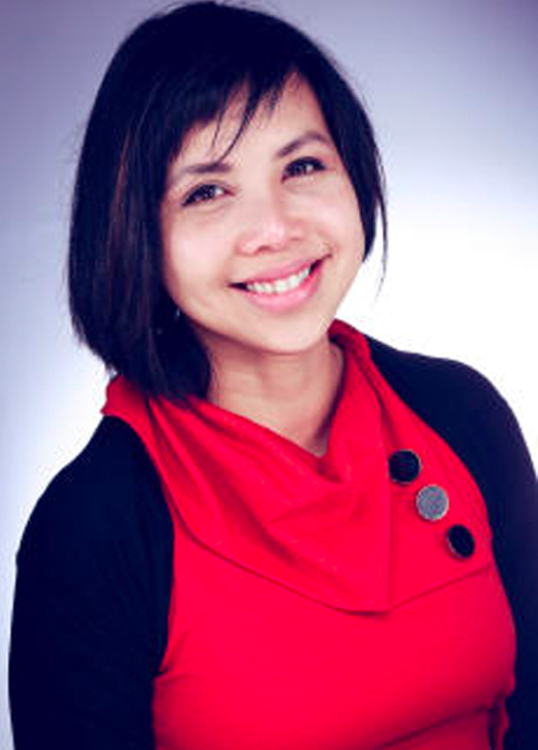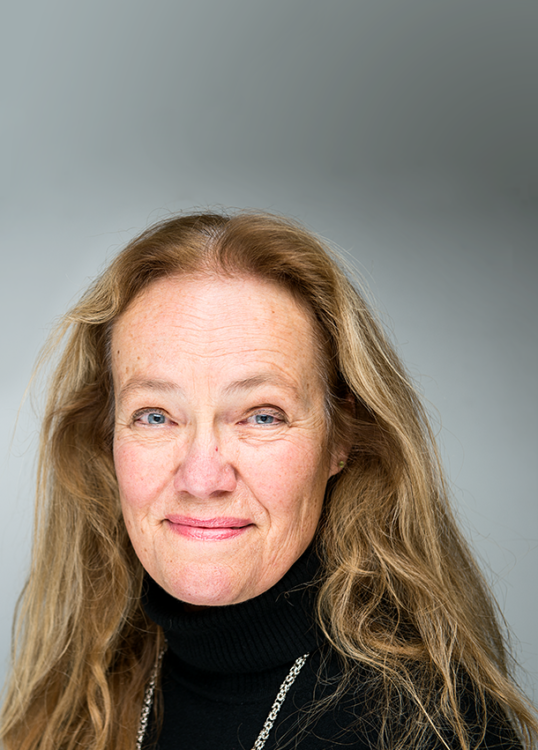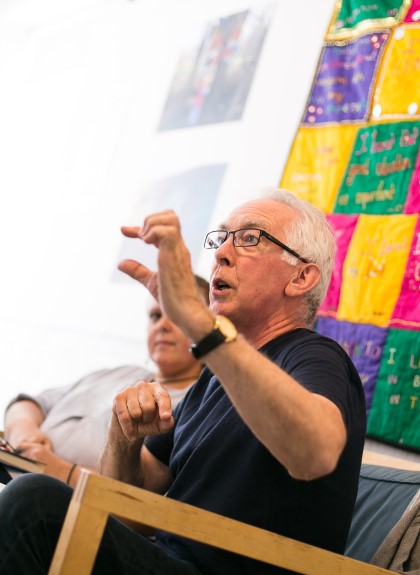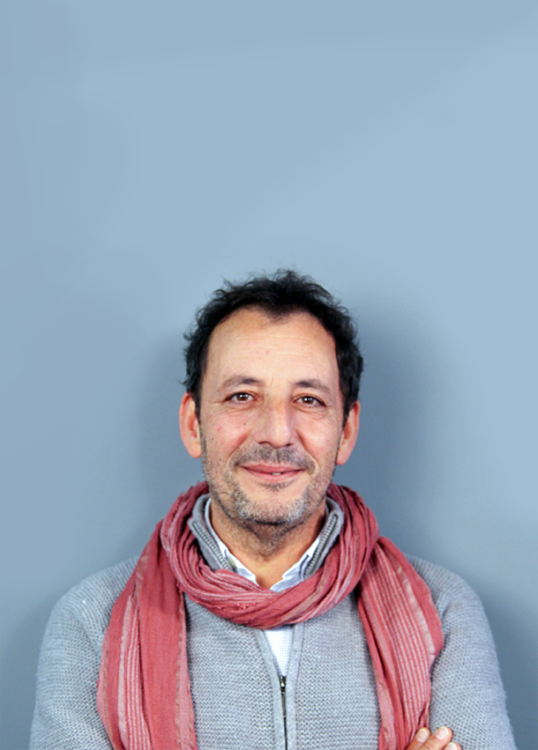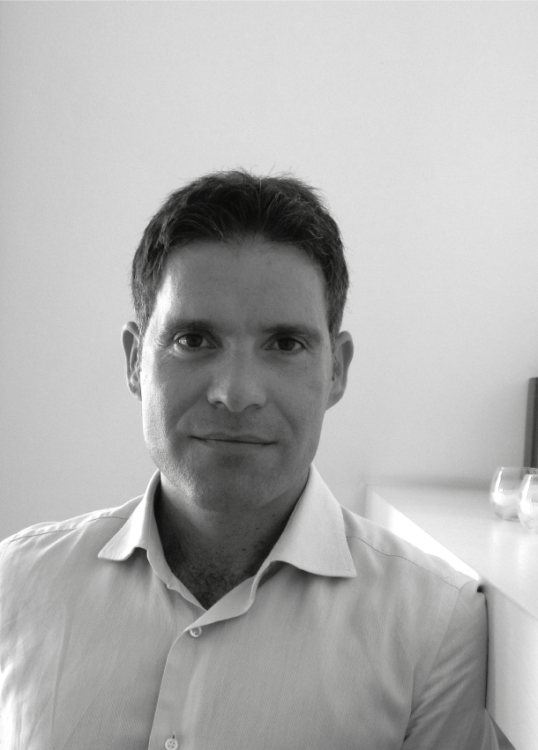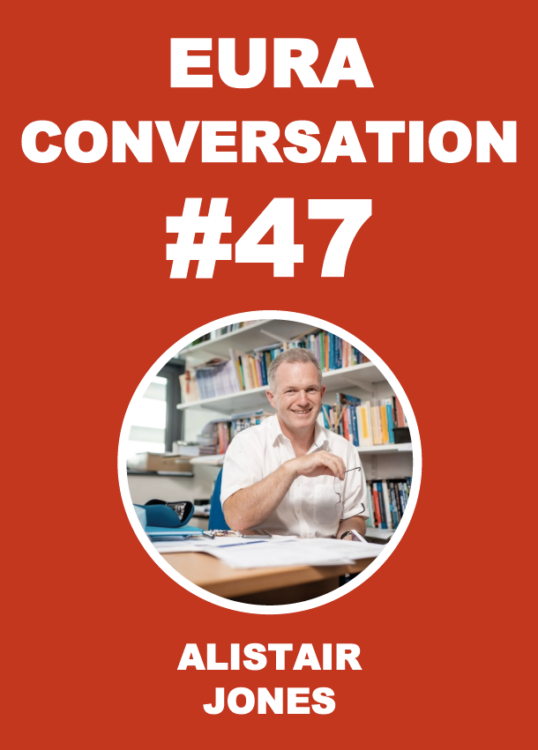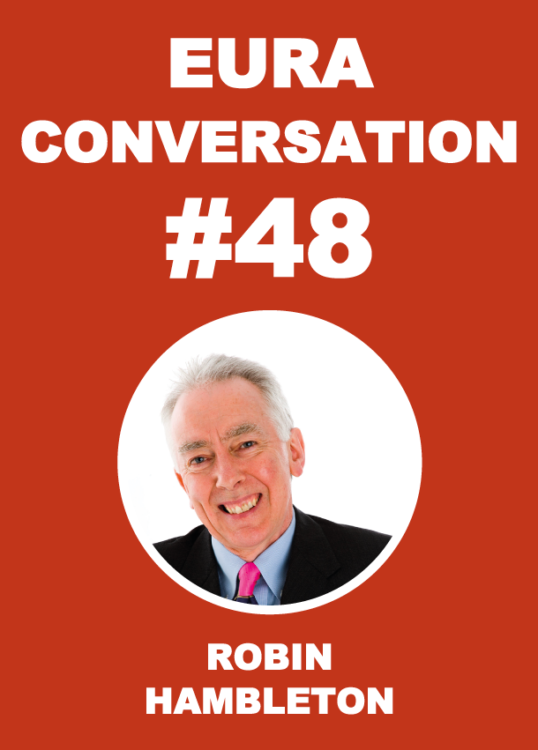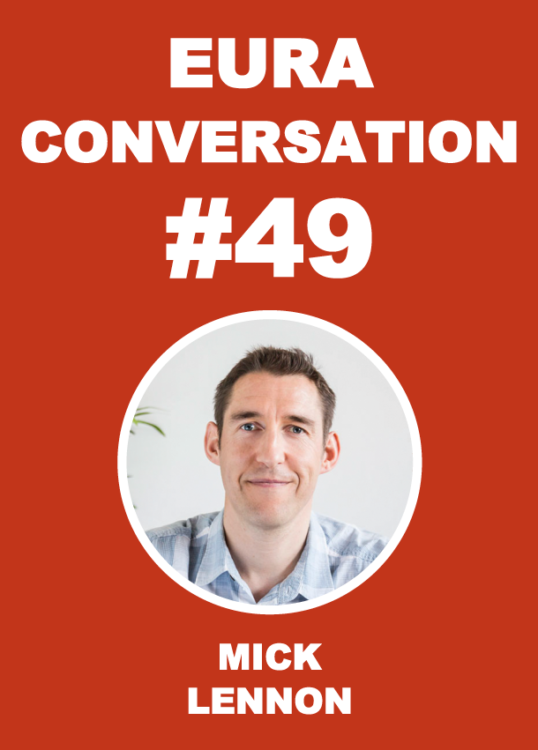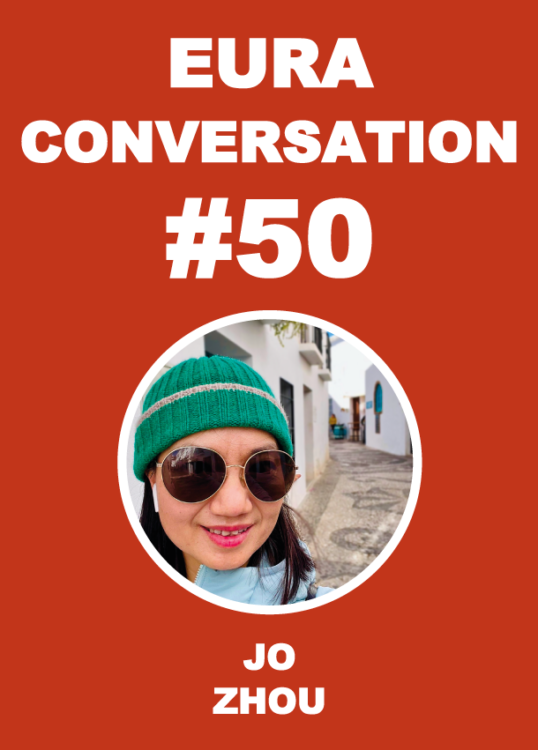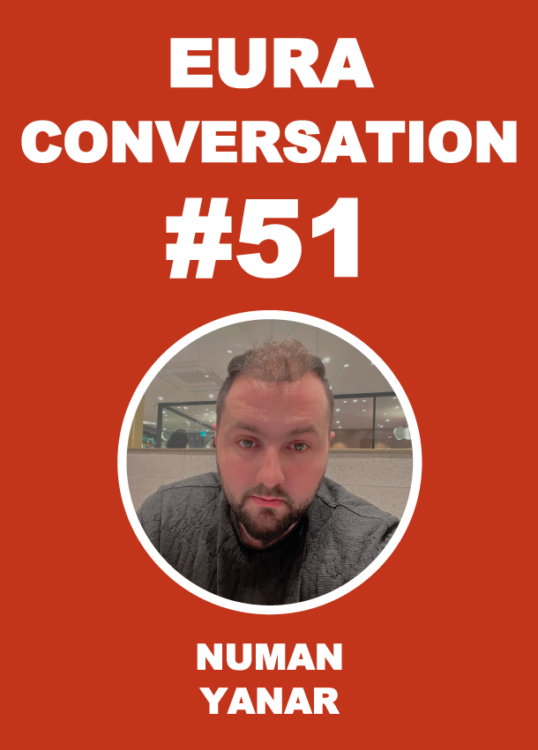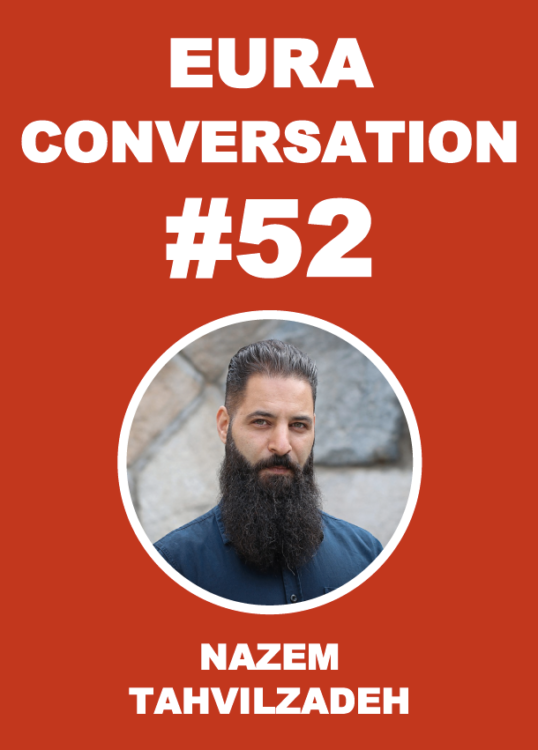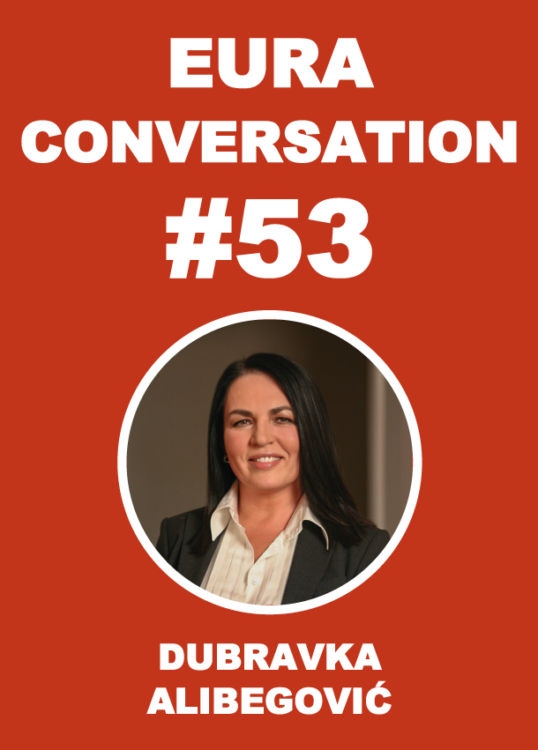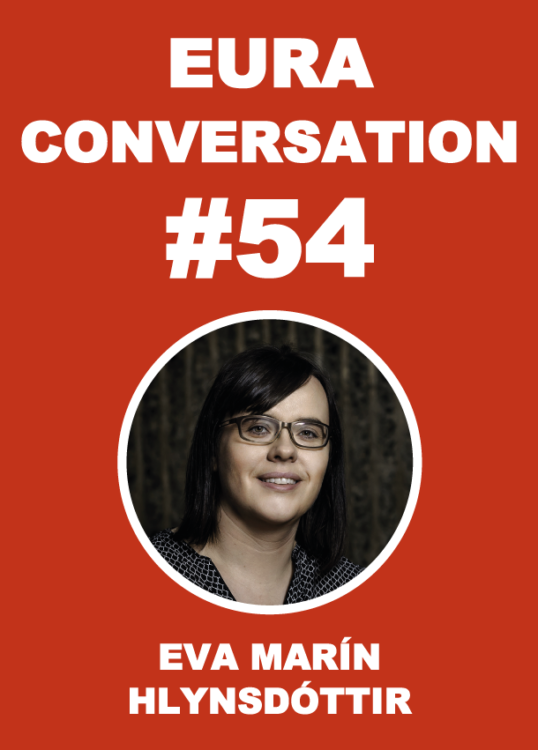EURA Conversations
31/01/2022
Before Covid-19, Aotearoa New Zealand performed as a proxy of the Global North. We traded and travelled back and forth between Europe and the Americas, with and via Asia and Africa. That life has been suspended. The pandemic has revealed our true location as a Pacific land—and geographic distance has never been of more advantage. All that blue lashing our edges on the globe, marking our islands as distant i...
14/02/2022
The governance of Covid-19 pandemic has been broadly framed by policymakers as “a war against an invisible threat”. Across the globe, countries have implemented a range of lockdown policies to contain Covid-19. During these lockdowns, cities worldwide looked as if they really were in the midst of a war. In most cases, restrictions were placed on movement and social interaction,...
28/02/2022
In recent years, in France, the notion of metropolization has migrated from the academic vocabulary to the political debate. The term is most often used in a pejorative way to designate a set of territorial upheavals deemed harmful: the concentration of populations and activities in the largest cities, the progressive decline of small [...]
14/03/2022
When the first lockdown was imposed in France, we launched an action research project, on the effects of Covid-19 on working-class neighbourhoods in the Nouvelle-Aquitaine region (SCIVIQ project). In the ethnography conducted in a commune in the suburbs of Bordeaux, we found that the experience of the pandemic and of government health measures are linked to the relationships that the inhabitants have with th....
28/03/2022
The great recession (2008) and the Pandemic (2020) have redefined the balances and economies of European cities, but we could easily scale this consideration globally, however, in this conversation I will stay within the EU borders. The first crisis at least had the advantage of being progressive and of affecting only the demand side, the second instead hit us like an asteroid. The crisis induced by Covid tri...
11/04/2022
Thursday, February 24, 2022, I lay in bed unable to sleep. Two days before, Russia announced that it would recognize the independence of two pro-Russian Ukrainian territories and this morning, the invasion of Ukraine began. I was at a loss. Speaking to others – friends, relatives, students, and colleagues – it was clear that I was not alone. Fear, sadness, uncertainty, frustration, anger… the emotions roiling inside of us were legion. This was not new: It brought me b...
02/05/2022
The annual EURA conference has been and, hopefully, will continue to be the ‘heartbeat’ and meeting point for our organisation and urban researchers committed to international exchange. Therefore, it was with deep disappointment we had to cancel the Oslo conference in 2020 because of the Covid-19 pandemic The conference was still implemented a year later as a smaller but rather successful online event. We exp...
17/05/2022
The COVID-19 lockdowns reminded us of the important contribution that public space makes to the quality of life in cities. Several contributors to this series—for example, Isabelle Bray and Dannielle Sinnett—explain how public space improves our health and wellbeing. It is also the case that squares, parks, and civic spaces, because they provide settings for public protest, play a vital role in supporting urb...
30/05/2022
Tirana is the Capital City of Albania (around 800,000 inhabitants in 2020) and it is considered the youngest European Capital, coming out from the former Socialist block only after 1992. Right after the fall of the strict Hoxha regime, the city has started experiencing a double path of its urban transition. On one hand, the social-economical path raised out by retaking back full freedom of choice; on the othe...
13/06/2022
At the end of the successful Oslo digital conference held last year (6-7 May, 2021), we said goodbye with the promise that it was the last time that EURA would have celebrated its most important event without the physical presence of the participants. A year later, we can say that the promise has been kept and we are close to meet again hundreds of s...
24/10/2022
One of the fascinating things about the EURA Conversations series is the wide range of topics about which so many people have written, especially all of the lesson learning from the Covid period (not that Covid is over, by any means). From Robin Hambleton’s opening Conversation on Leadership, through cycling, healthy spaces, to Africa, the Caribbean ...
28/11/2022
In recent months, serious newspapers in many different countries have drawn attention to the rise of the far-right in Europe. More than a few political commentators fear that recent developments could amount to a game-changing surge in support for nationalist, Eurosceptic, anti-immigrant, cu...
26/12/2022
The ‘proximity-city’ is an umbrella term used to describe a range of chrono-urbanistic approaches focused on the provision of all one’s needs with a time-defined walking and/or cycling range. The most famous version of these approaches, and the one now receiving considerable attention, is the ‘15-minute city’ championed by the mayor of Paris. In a superficial sense, the 15-minute city echoes Jane Jacobs’...
26/01/2023
Health is not only the absence of disease or infirmity but also a sense of physical, mental, and social wellbeing. The way in which the living environment is designed influences inhabitants’ well-being. Unfortunately, the search for leverage points to enable better connections between wellbeing and the configuration of the built environment is messy. This is happening against the backdrop of the recent ...
28/02/2023
According to UN Habitat, urban areas consume 75% of total energy consumption and are responsible for around 70% of the greenhouse gas emissions. This is because all of the major urban infrastructures are highly energy-dependent: water supply, treatment and waste water disposal, transportation and communication infrastructures, intricate webs of food and material supply, waste disposal, and energy supply itself...
30/03/2023
Swedish democracy is heading towards grimmer days. The political direction of the new conservative government of 2022, supported by the radical nationalist “Sweden democrats” sprung out of a neo-Nazi-party in the 1990’s, has a knife tip aimed towards migrants and multicultural society. Many fear that the main attack is against our egalitarian welfare model ...
24/04/2023
In many countries, policymakers are focussing on administrative-territorial reforms in order to improve the effectiveness of local governance. Some have reduced the number of municipalities through mergers. A voluntary merger is when central government provides the legal framework for the merger but leaves local authorities to negotiate and propose new boundaries. This is a "bottom-up" process and ...
31/05/2023

